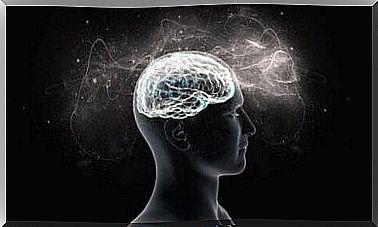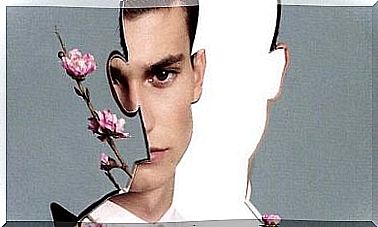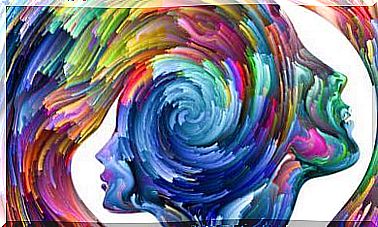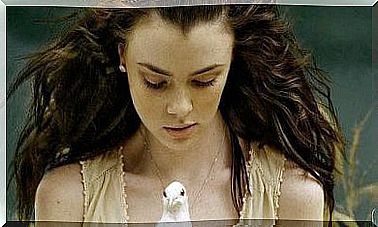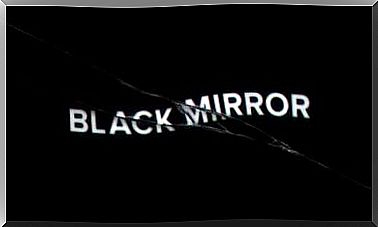What Are Parasocial Relationships?
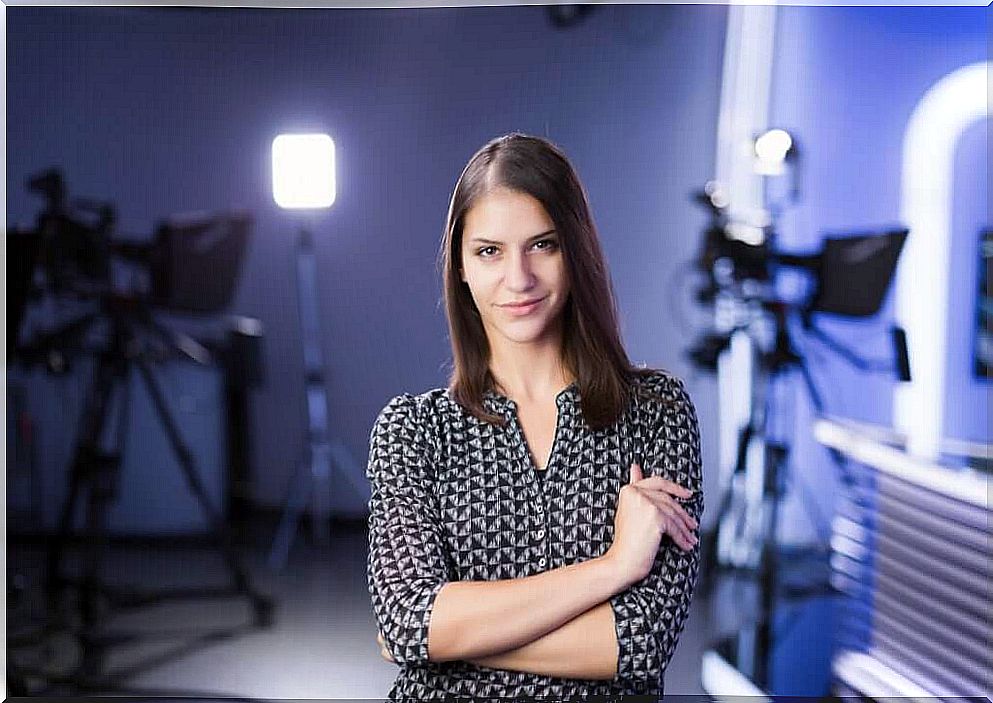
Many people wonder what parasocial relationships are. But before answering, let’s ask yourself this: Have you ever wondered what effect the media has on your behavior? You might think it’s a weird question, but it’s related to that kind of relationship. Basically, parasocial relationships are a curious phenomenon that people develop with those they “know” through social media .
This is a reality that we must all face. There is no denying that social media has the ability (potentially, as this depends on different factors) to influence people’s behavior, thoughts and actions.
In many cases, the way the media addresses us is done in a way that we think is personalized, when in reality, as an audience, we are a homogeneous mass of people. For example, think about spam emails; although they are sent to millions of people, they still include your name.
In this article, we’ll talk about what parasocial relationships are, why they occur, what feelings are associated with them, and how they influence our behavior. Keep reading!

What exactly are parasocial relationships?
Parasocial relationships are those that people establish with famous people, celebrities or digital influencers. In fact, these relationships can occur with any media character, whether real or fictional. They can even happen to cartoon characters as well.
So that you can see it a little more clearly, let’s do a little exercise: First, imagine that you meet a famous person you identify with in the supermarket. You’ll probably approach her, ask for an autograph, take a picture, and try to establish some kind of conversation. You would act as if you already know her, even though you don’t know her.
Therefore, parasocial relationships are false social relationships. These relationships are not real; they are born from the desire to meet that person “in real life” or even from your admiration for them. The mind deceives!
It is possible to perceive this relationship as close and intimate when, in reality, you do not really know this person; you only know what it shows on social media. Moreover, the According to experts, is a one – sided relationship (not reciprocal), therefore, is nothing more than a pseudo-link.
term origin
Authors Horton Donald and Richard Wohl first spoke about parasocial relationships in 1956. Specifically, they defined the concept as “the unconscious creation of an intensely close relationship with a media person.”
Furthermore, the authors added that this type of relationship is unilateral (not reciprocal). According to them, and as mentioned by Caro (2015), it is about the “ audience illusion of a reciprocal interaction with media figures ” .
Feelings associated with parasocial relationships
A feature of parasocial relationships is that the individual feels very identified with the media person in question. As a result, it makes you realize a real relationship with that person. In this sense, he develops a strong empathy for the person. The opposite can also occur, that is, feeling rejection or dislike for that person.
What most characterizes this type of relationship is the feeling of really knowing a person just by seeing or following them on social networks. It is a very particular link because, in reality, it is completely one-sided. That’s why we speak of a pseudo-bond.
On the other hand, according to communicator Ileana Caschi, parasocial relationships are a communicative phenomenon that makes us aware of certain media contents just because someone is talking about them. This situation stems from the fact that we believe we are more than just a part of the audience. In fact, the brain has a lot to do with it.
With whom do people develop parasocial relationships?
As you can see, this kind of relationship develops with any famous person (it can even be fictional). Thus, they are usually people who appear on television, radio, social networks and even newspapers.
This can happen to artists, athletes, TV presenters, politicians and singers. This includes fictional characters such as the protagonists of cartoons (this happens mostly with children).
How long do these relationships last?
There is no concrete answer to this question, as parasocial relationships are undefined. In fact, the length of time depends on by q uanto time this media person is significant or important to the individual. It also has to do with how long that person has been in the media.
Why do pas-association relationships occur?
In a way, the fact that parasocial relationships occur has to do with the subconscious (or unconscious). Let’s illustrate this with a simple example: when you see famous people on television (or listen to them on the radio, watch them on YouTube , etc.), your mind unconsciously “believes” that all that content was created especially for you.
In other words, even though you know you’re just a grain of sand among all the viewers of that show, your mind tricks you into believing that this content is somehow exclusive to you. This explains why you can identify so much with a particular person or type of context.

The strategies of people in the media
These people we are talking about and with whom others develop parasocial relationships are well aware of the mechanisms that potentiate these types of feelings. An example is the fact that they look into the camera and address their audience (all of us) directly. This is done especially by YouTubers and TV presenters.
In fact, the field of neuroscience states that the brain is programmed to interpret a direct look in the eye as a signal that a person is paying attention.
In other words, realizing that they are looking you in the eye can make you feel that they are talking to you directly. As a result, your brain interprets that this person knows you to some degree.
In short, everything we say, added to the feelings of empathy and attention that these people arouse through their verbal and non-verbal language, facilitates the emergence of parasocial relationships. It is noteworthy that the degree of credibility of the person and their physical and intellectual attractiveness also play a role in this.
